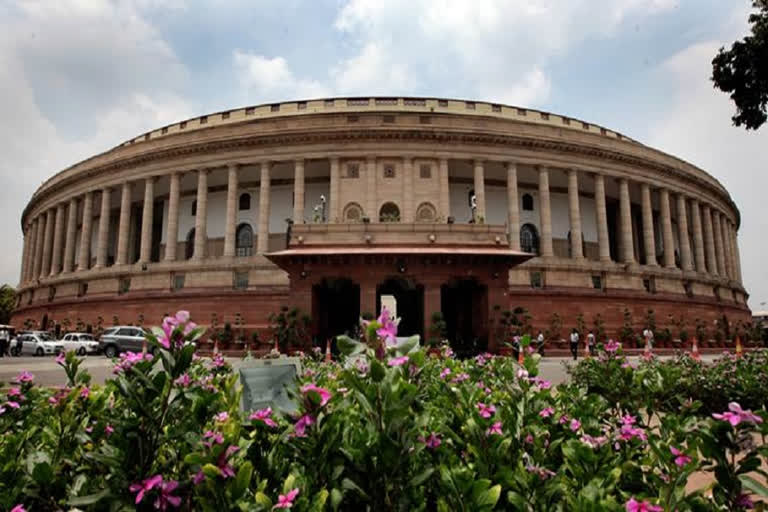New Delhi:The fourth session of the 17th Lok Sabha ended on Wednesday evening following a 10-day non-stop working schedule, in which MPs cleared several important bills by burning midnight oil. The Lok Sabha, which was set to meet for 37 hours, clocked a working schedule of 60 hours in this session as the lower house also transacted business on Saturday and Sunday.
“Even during the global pandemic, the productivity of the House in this session was 167%, which is higher than several previous sessions,” said Lok Sabha speaker Om Birla.
Birla said this is for the first time in the parliamentary history of the country when members of both the houses of Parliament participated in the proceedings from six different places, which included both the houses of the Lok Sabha and the Rajya Sabha and also the four galleries of the Lok Sabha.
The Monsoon Session, which started on September 14, witnessed 10 consecutive sittings with a cumulative duration of 60 hours against the allotted time 37 hours.
Birla said more than two-third of time (68%) was used in the legislative business while the rest 32% was utilised in transacting non-legislative business.
Lok Sabha MPs debated the first batch of supplementary demands for grants for FY 2020-21 and excess demands for grants for FY 2016-17 for over four-and-a-half hours and they also cleared appropriation bills.
During the session, 16 government bills were reintroduced and a total of 25 bills were cleared in 10 sittings of the house, which also entailed discussion on these bills.
Crucial bills cleared by Lok Sabha in Monsoon session
The Lok Sabha cleared several important bills in the Monsoon session, including two agriculture bills and three labour codes. Lok Sabha members approved the Essential Commodities (Amendment) Bill, 2020; the Farmers' Produce Trade and Commerce (Promotion and Facilitation) Bill, 2020; the Farmers' (Empowerment and Protection) Agreement of Price Assurance and Farm Services Bill, 2020.
